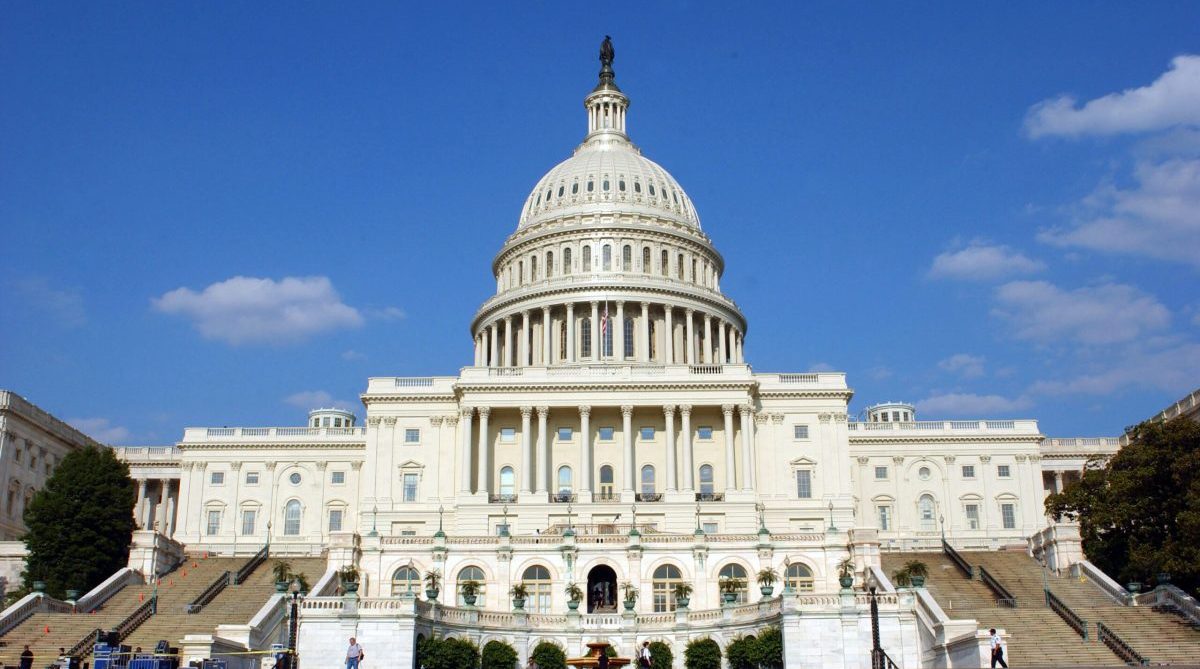Apple publically pours in money for lobbying efforts in Washington. A new report reveals that the tech also quietly funds a group to push its agenda in the capital. Bloomberg states that the App Association receives the majority of its funding from Apple which is not a member of the association.
Led by the ACT group, the association calls itself the leading voice for thousands of app developers from around the world and the Cupertino tech giant shapes its policy position according to four former employees of the App Association.
The relationship between Apple and ACT illustrates how big companies quietly pour money into outside groups that promote their agenda in Washington. ACT representatives regularly testify in Congress, file court briefs in defense of Apple’s positions and host annual “fly-in” meetings for developers with lawmakers.

Lobbying firm confirms driving funds from Apple but rejects the notion that it is “beholden” to the tech giant
As ACT’s spokesperson said that more than half of its funding comes from Apple, it is estimated that the tech giant makes a multimillion-dollar contribution. Data from disclosure filings revealed that in 2020, contributions from all donors were over $9 million.
Although ACT confirmed that it receives funding from the iPhone maker, it rejected the allegation that “it is not beholden” to the tech company.

In the firm’s defense, ACT President Morgan Reed said that its primary loyalty is to the developers and it “doesn’t pass the laugh test” to say the association is fronting for the tech giant.
“Our job is to make sure we’re paying attention to the way that government can have an impact, unintended or otherwise, on all of those small businesses making cool software products.”
Reed and other ACT executives said that they determine policy positions based on the preferences of their members and don’t take direction from Apple, though they take Apple’s positions into account.
Rick VanMeter, the head of Apple’s rival group, Coalition for App Fairness called ACT’s representation of developers deceptive and bad for the lawmaking process.
Read More: